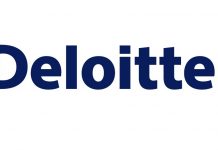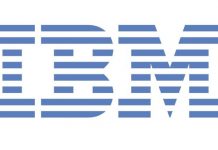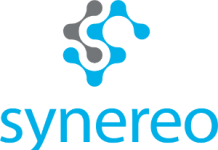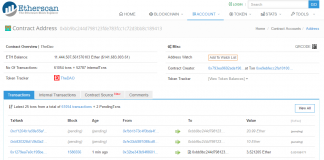In its recent report, the World Economic Forum published its research into the potential benefits of distributed financial technology and its potential to renovate global financial infrastructure. Titled “The Future of Financial Infrastructure: An ambitious look at how blockchain can reshape financial services,”, the report summarizes a years’ worth of research into the current state of banking, focussing on where distributed ledger technology can renovate the system for the increasing demand created by the Internet of Things.
Some of the key possibilities offered by blockchain that were picked out include:
•Operational simplification: by reducing or eliminating manual efforts required to perform reconciliation and resolve disputes
•Regulatory efficiency improvement: enables real-time monitoring of financial activity between entities
•Counterparty risk reduction: removes the requirement to trust counterparties to fulfil obligations as agreements are written incode and executed in a shared, immutable environment
•Clearing and settlement time reduction: disintermediates third parties.
•Liquidity and capital improvement: reduces locked-in capital and provides transparency.
•Fraud minimization: allows tracking of asset provenance and full transaction history to be established with certainty.
Highlighted in the report is the global payments volume increase of 5% per year, and the expected value of US$ 601 billion in 2016. Low-value, high-volume cross-border payments are also very expensive for consumers, with an estimated final cost of 7.68% of the amount transferred per transaction, so the report notes a possible payments system, using a distributed financial solution like Ripple and the Interledger Protocol, to make real-time fraud prevention and immediate settlement the norm, while reducing costs to both payment providers and the end user.
The World Economic Forum clearly states the advantages of the global adoption of blockchain technology would bring to the financial infrastructure of immutability, transparency and autonomy. Potential challenges of standardization and regulation were considered inconsequential with the neatness of the situation.










